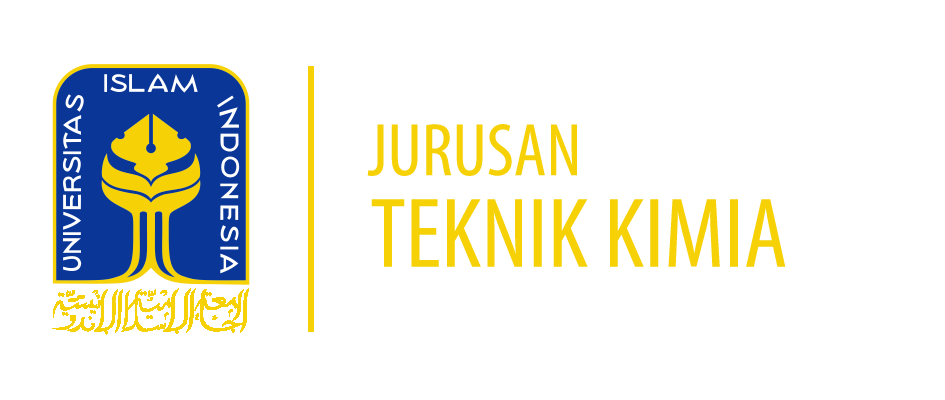Practical Work
Practical Field Study (Practical Work) in Chemical Engineering Department UII is an activity where students conduct orientation and observation based on theory in textile industry or chemical industry. Students are expected to be able to describe the phenomena that exist in the process or equipment activities, and be able to synthesize between the observed facts, basic laws, theories, and engineering and find solutions when any of the problems occur.
To train the ability of problem solving that occur in the field, during the Practical Work, students will be given a special task. Special assignments can be given by the Practical Work supervisor or by the lecturer. The flow of Practical Work implementation can be seen in the picture below. For more complete information, see the Academic Guide, which can be downloaded at the following link. Whereas the instructions or format for making Practical Work reports can be downloaded at the following link.
Community Service Programme
Community service programme are held in the 7th semester. During the programme, students will directly live with village community over a period of one month. Students will share the knowledge they have gained in class or even solve social science problems. Thus, the knowledge will be upgraded into values, which will be very useful for them and the society. Some programmes that have already been organized are biogas programmes, plastic to energy conversion, and some derivative product processing based on natural resource (e.g., natural dyes, VCO, bio-oil, natural purificator, etc.).
Thesis
The Plant Pre-Design Task is designed to test the students in understanding and applying the chemical engineering principal knowledge that has been received during the lecturing process. The plant pre-design final project will train the students with high reasoning and improvisation skills to be able comprehensively apply all the theories and skills of chemical engineering or textile engineering into a simple Pre-Factory Design (preliminary design). To put it more clearly, the flow of the implementation of the Pre-Factory Design Final Project can be seen in the picture below. For more complete information, see the Academic Guide, which can be downloaded at the following link. The instructions/format for making a Factory Pre-Design Report can be downloaded at the following link.
Research Project in the Chemical Engineering Department is intended to train students to apply the theory and knowledge that has been obtained during college in laboratory. With research, students are expected to develop skills in conducting analysis, synthetics, analogies, generalizations, developing hypotheses, developing concepts, conducting experiments, and making decisions. To sum up, the flow of implementation of the Final Project Research can be seen in the picture below. For more complete information can also be seen in the Academic Guide, which can be downloaded at the following link. The instructions/format for making a Research Report can be downloaded at the following link.
The final defence (thesis exam) is the final examination that takes place in front of the Thesis Examination Team before students are awarded the Bachelor’s degree.
For more complete information, see the Academic Guide, which can be downloaded at the following link.
Comprehensive Examination
Comprehensive examinations are tests conducted to evaluate the students’ level of understanding in each course.
Requirements to take a comprehensive exam are as follows:
- Students have carried out the Pre-Factory Design
- Already Key-In Comprehension

